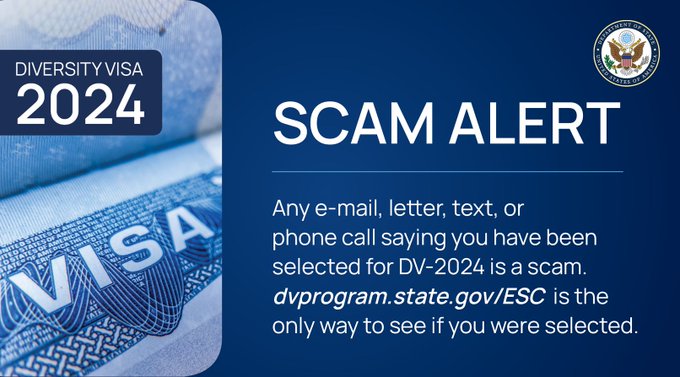Why People Become U.S. Citizens
The United States is often seen as the land of opportunity and freedom, making it a popular destination for immigrants from around the world. Becoming a U.S. citizen is a significant step for many individuals, as it offers numerous benefits and privileges. In this article, we will examine the reasons why people choose to become U.S. citizens and The Requirements For U.S. Citizenship.
Opportunities and Benefits
One of the primary reasons why people become U.S. citizens is to take advantage of the opportunities and benefits that come with citizenship. These benefits include the right to vote, eligibility for government benefits, and the ability to sponsor family members for immigration.
For many individuals, becoming a U.S. citizen means access to better job opportunities, higher wages, and improved quality of life. The United States is home to some of the world’s leading companies and industries, making it a hub for employment and career growth.
Personal Freedom and Security
Another important reason why people become U.S. citizens is to escape political or economic insecurity in their home country. The United States is known for its protection of personal freedom and security, making it a safe haven for individuals who are seeking refuge from oppressive regimes or unstable situations.
For these individuals, becoming a U.S. citizen offers a sense of security and stability that they may not have in their home country. This can lead to a better quality of life, as well as a sense of peace and security for themselves and their families.
Cultural Integration
For many immigrants, becoming a U.S. citizen is also a way to integrate into American culture and become part of a larger community. The United States is a melting pot of cultures, and many individuals see citizenship as a way to embrace this diversity and become part of a larger community.
For these individuals, citizenship is seen as a way to not only gain access to the benefits and opportunities of the United States, but also to connect with other people and form meaningful relationships.

Understanding The Requirements For U.S. Citizenship
The process of gaining citizenship can be long and complex, but it can also be incredibly rewarding. There are many benefits to becoming a U.S. citizen, including the right to vote, the ability to sponsor family members for immigration, and eligibility for government benefits. let’s examine the key requirements for citizenship in the United States.
Eligibility for Citizenship
In order to be eligible for U.S. citizenship, an individual must meet certain criteria. The first requirement is that the individual must be a lawful permanent resident (LPR) of the United States. This means that they have been granted a green card and have lived in the United States for a certain period of time.
In addition to being a lawful permanent resident, the individual must have been physically present in the United States for at least five years, or three years if they are married to a U.S. citizen. The individual must also have lived in their current state or district for at least three months prior to applying for citizenship.
English Language Requirements
One of the key requirements for citizenship in the United States is the ability to speak and understand English. This requirement is known as the “English language requirement.” To meet this requirement, the individual must be able to read, write, and speak basic English.
In some cases, individuals who are over 50 years of age and have been LPRs for at least 20 years, or individuals who are over 55 years of age and have been LPRs for at least 15 years, may be exempt from the English language requirement. Additionally, individuals with certain disabilities may also be exempt from the English language requirement.
Civic Knowledge Requirements
Another key requirement for citizenship in the United States is knowledge of U.S. history and government. This requirement is known as the “civic knowledge requirement.” To meet this requirement, the individual must pass a test that covers U.S. history, government, and geography.
The test is designed to assess the individual’s knowledge of basic facts and principles of the U.S. government, as well as their understanding of the rights and responsibilities of U.S. citizens. The test is typically taken as part of the naturalization process, and it is a multiple-choice test with 100 questions.
Good Moral Character Requirement
In order to be eligible for U.S. citizenship, the individual must have good moral character. This requirement is often the most subjective of the citizenship requirements, as it is based on the discretion of the U.S. Citizenship and Immigration Services (USCIS).
To meet the good moral character requirement, the individual must not have been convicted of certain crimes, including murder, torture, or drug trafficking. The individual must also not have committed other serious crimes, such as fraud or illegal immigration.
In addition to these criminal requirements, the USCIS will also consider other factors when determining the individual’s moral character, such as their immigration history, tax compliance, and other personal conduct.
Oath of Allegiance
The final step in the process of becoming a U.S. citizen is taking the Oath of Allegiance. This is a sworn declaration of loyalty to the United States, and it is a requirement for all individuals seeking citizenship. The Oath of Allegiance is typically taken during a naturalization ceremony, and it is a public event that is attended by family, friends, and other guests.
In conclusion, becoming a U.S. citizen requires meeting certain eligibility criteria, including being a lawful permanent resident, speaking.












